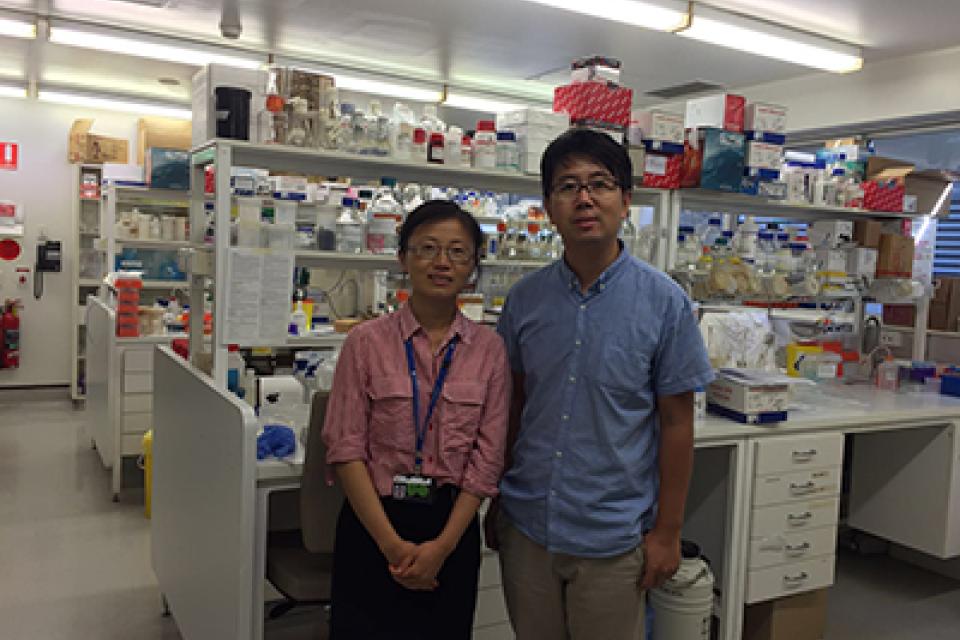Antidepressant may cause antibiotic resistance

A key ingredient in common antidepressants such as Prozac could be causing antibiotic resistance according to new University of Queensland research.
A study led by Dr Jianhua Guo from UQ’s Advanced Water Management Centre focused on fluoxetine, a prescription drug used to help people recover from depression, obsessive-compulsive disorder or eating disorders.
Dr Guo said while overuse and misuse of antibiotics is generally considered the major factor contributing to the creation of ‘superbugs', researchers were often unaware that non-antibiotic pharmaceuticals could also cause antibiotic resistance.
“Our previous study reported that triclosan, a common ingredient in toothpaste and hand wash can directly induce antibiotic resistance,” he said.
“We also wondered whether other non-antibiotic pharmaceuticals such as fluoxetine can directly induce antibiotic resistance.”
Up to 11 per cent of the fluoxetine dose a patient takes remains unchanged and makes its way through to the sewer systems via urine.
“Fluoxetine is a very persistent and well-documented drug in the wider environment, where strong environmental levels can induce multi-drug resistance,” said Dr Guo.

Fellow researcher Dr Min Jin said that under laboratory conditions, the higher the exposure concentration was, the faster the mutation frequency increased with time.
“It has previously been an invisible factor in the spread of antibiotic resistance, but we should consider this a warning.
“Further work is required to investigate effects of fluoxetine on antibiotic resistome in human gut microbiota.”
Antimicrobial resistance has become a major threat to public health globally with approximately 700,000 people a year dying from antimicrobial-resistant infections.
This is predicted to reach 10 million people by 2050 unless global action is taken now.
The study is published in Environment International (https://doi.org/10.1016/j.envint.2018.07.046) and funded by the Australian Research Council Future Fellowship, and the UQ Foundation Research Excellence Awards.
Image above left: Dr Min Jin and Dr Jianhua Guo
Media: Dr Jianhua Guo, j.guo@awmc.uq.edu.au, +61 7 3346 3222; Paige Ashby p.ashby@uq.edu.au +61 7 3365 8525.
Topics
Related articles

Superconducting germanium made with industry-compatible methods

Seismic shake-up: digitising 90 years of Queensland’s earthquake history
Media contact
UQ Communications
communications@uq.edu.au
+61 429 056 139
